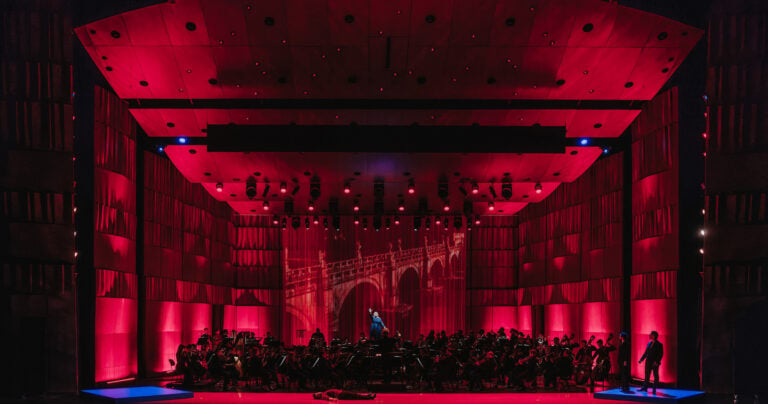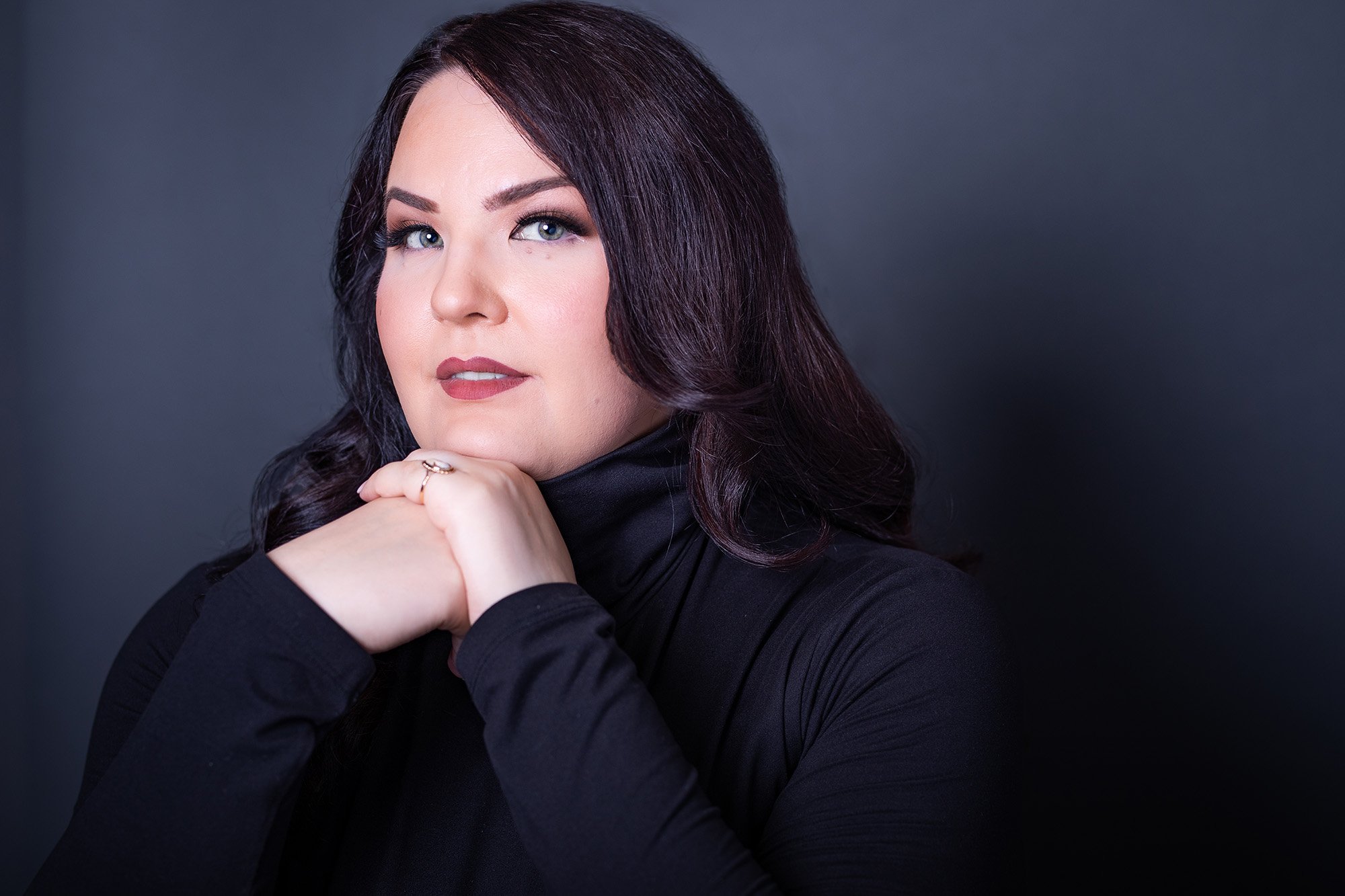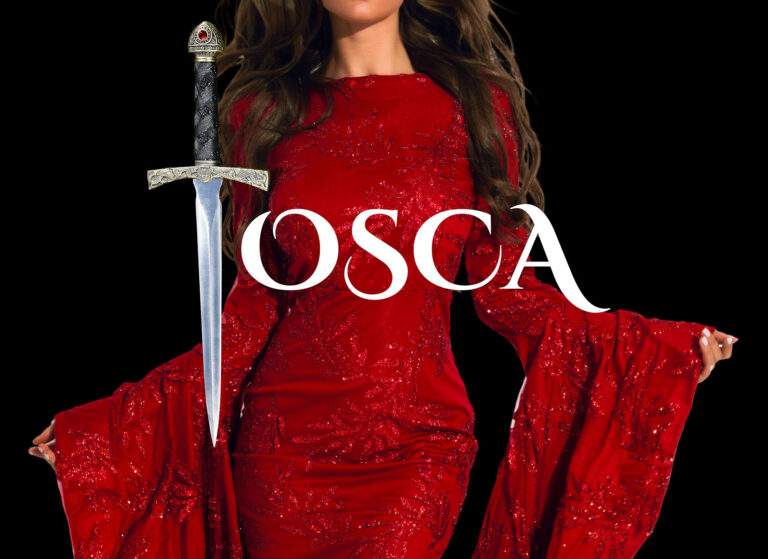Mazurek says there’s a lot of stigma around opera being an inaccessible form, where you simply must put on your finest clothing, polish your opera glasses and drink fancy wine while swooning from a balcony box. Not so. Puccini was the pop star of his day, Mazurek says. If you want to dress up and bring gilded glasses, fill your boots, but you don’t have to.
“It’s just like watching any kind of play,” they say of the Italian opera, which will have surtitles. “You’re going to understand what’s going on and you’re going to be involved in the emotion of the performance.”
Ivany echoes that statement. He says that with arts funding becoming more and more precarious, it’s even more important to highlight universality and contemporary relevance of opera. Ivany has built a career out of bringing the art form to varied spaces in different ways, intentionally trying to build momentum around the idea of what opera can look like.
He points to the same underlying themes in Tosca that Mazurek does to support this.
“At the heart of this opera is political turmoil, change of power and [the question of] what do mostly men do with that power and how do they abuse it?” he says. “Turn on the TV for 30 seconds and you can see, ‘oh yeah, we just repeat history over and over again.’”
It seems Yukoners don’t have to be convinced. Prescott was mildly worried that people wouldn’t be interested in the event enough to buy tickets, but the show is already sold out. YAC is organizing a pay-what-you-can dress rehearsal seating, just because there’re so much enthusiasm for it. Yukoners are very curious, he says. The fact that many have no experience with opera is exactly why they want to see one.
The same was true for the Problematic Orchestra. Mazurek says some musicians who haven’t played with the group in a long time joined up again because they were so excited by the chance to be part of an opera.
It’s just such a classic, well-orchestrated piece, and one where a lot of the lines are doubled so you never feel alone or exposed as a musician, they say—you always feel supported by the rest of the orchestra.
That shared experience is another part of why Prescott thinks people are so keen to come out this fall. Sure, you can watch opera online, but it’s not the same, he says. Part of really understanding it is seeing it live, in a venue with other people.
“That’s what it was designed for,” Prescott says. “To be in the space and hear a real opera singer practice their craft? There’s no substitute for that.”




